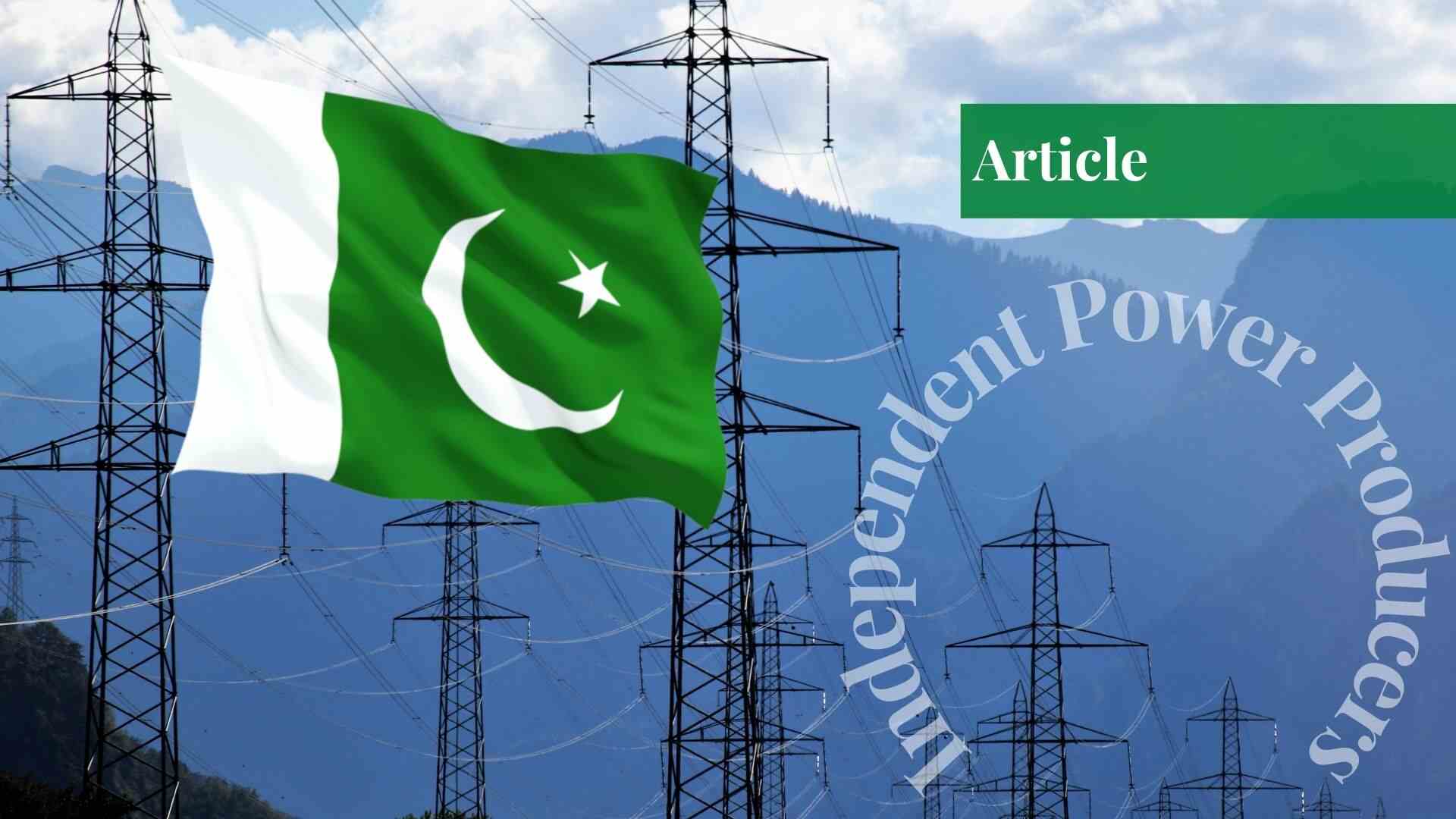Shazia Masod Khan
Women’s political rights in Pakistan, especially in franchising, are important and relevant issues that need critical explanation. Franchising, or the right to vote and stand for elections, is fundamental to democracy and citizenship. Women’s franchising has significant implications for the representation and participation of women in politics, as well as for the advancement and protection of women’s rights and interests in society. One of the encouraging signs is that there is more political awareness among women in Pakistan, despite a number of challenges. It has been revealed in the surveys of republicpolicy.com that women are more inclined towards their political independence especially in voting.
Women are half of the population of Pakistan. Therefore, their independence of voting is critical for Pakistan. Traditionally, voting for women in Pakistan has not been without influence. They have been voting on the recommendations of the men in the society. However, with the education of women and their economic and educational independence, they are now more potent players in determining the election outcomes of the country.
Why their voting is essential for elections in Pakistan? Women’s franchising enhances the legitimacy and responsiveness of democracy. Democracy is based on the principle of popular sovereignty, which means that the people are the ultimate source of political authority and decision-making. If women, who constitute almost half the population, are excluded from franchising, democracy is incomplete and flawed. Women’s franchising ensures that democracy reflects the will and interests of all citizens, not just a privileged or dominant group. Women’s franchising also ensures that democracy responds to the needs and preferences of women, who may have different perspectives and priorities than men on various issues, such as education, health, environment, social welfare, etc.
Women’s franchising promotes the representation and participation of women in politics. Women’s franchising is a necessary but not sufficient condition for women’s political empowerment. Women’s franchising creates the demand and opportunity for more women to run for office and hold leadership positions in government and civil society. Women’s franchising also creates the incentive and accountability for political parties and candidates to include and address women’s issues and concerns in their agendas and platforms. Women’s franchising also encourages more women to engage in political activism and advocacy and monitor and evaluate public officials’ performance.
Women’s franchising advances the rights and status of women in society. Women’s franchising is a symbol and a catalyst for women’s emancipation and equality. Women’s franchising challenges the patriarchal norms and structures that subordinate and oppress women in various spheres of life. Women’s franchising empowers women to claim their rights and freedoms, such as education, employment, health, property, etc. Women’s franchising also improves women’s social and economic conditions, as studies have shown that women’s franchising is associated with lower maternal mortality, higher female literacy, greater gender parity in education and labour force participation, etc.
The political rights of women in Pakistan, especially of franchising, are not only historical achievements but also contemporary challenges. Despite the progress made in the past decades, women still face many barriers and obstacles to exercising their right to vote and stand for elections in many parts of the country. These include legal restrictions, cultural norms, violence, intimidation, discrimination, illiteracy, poverty, etc. Moreover, women still face underrepresentation and marginalization in politics, as well as persistent gender gaps and inequalities in society5. Therefore, it is important to continue to advocate for and support women’s franchising as a vital component of a functional democracy.
The independence of women voting for a functional democracy is a crucial and relevant topic that deserves critical examination. Women’s suffrage, the right of women by law to vote in national or local elections, is not only a matter of justice and equality but also a matter of effective and representative governance. Women’s voting has significant implications for the quality and outcomes of democracy, as well as for the empowerment and well-being of women themselves.
The political rights of women are critical, especially of franchising. Women’s voting enhances the legitimacy and responsiveness of democracy. Democracy is based on the principle of popular sovereignty, which means that the people are the ultimate source of political authority and decision-making. If women, who constitute half of the population, are excluded from voting, then democracy is incomplete and flawed. Women’s voting ensures that democracy reflects the will and interests of all citizens, not just a privileged or dominant group. Women’s voting also ensures that democracy responds to the needs and preferences of women, who may have different perspectives and priorities than men on various issues, such as education, health, environment, social welfare, etc.
Women’s voting promotes the representation and participation of women in politics. Women’s suffrage is a necessary but not sufficient condition for women’s political empowerment. Women’s voting creates the demand and opportunity for more women to run for office and hold leadership positions in government and civil society. Women’s voting also creates the incentive and accountability for political parties and candidates to include and address women’s issues and concerns in their agendas and platforms. Women’s voting also encourages more women to engage in political activism and advocacy, as well as to monitor and evaluate the performance of public officials.
Women’s voting advances the rights and status of women in society. Women’s suffrage is a symbol and a catalyst for women’s emancipation and equality. Women’s voting challenges the patriarchal norms and structures that subordinate and oppress women in various spheres of life. Women’s voting empowers women to claim their rights and freedoms, such as education, employment, health, property, etc. Women’s voting also improves women’s social and economic conditions, as studies have shown that women’s voting is associated with lower maternal mortality, higher female literacy, greater gender parity in education and labour force participation, etc.
The independence of women voting for a functional democracy is a historical achievement and a contemporary challenge. Despite the progress made in the past century, women still face many barriers and obstacles to exercising their right to vote in many parts of the world. These include legal restrictions, cultural norms, violence, intimidation, discrimination, illiteracy, poverty, etc. Moreover, women still face underrepresentation and marginalization in politics, as well as persistent gender gaps and inequalities in society5. Therefore, it is essential to continue to advocate for and support women’s suffrage as a vital component of a functional democracy. Accordingly, there is a need to create more awareness about the importance of women voting. It could play a vital role in determining the outcomes of democracy and elections in Pakistan.
Please, subscribe to the monthly magazines of republicpolicy.com

















































